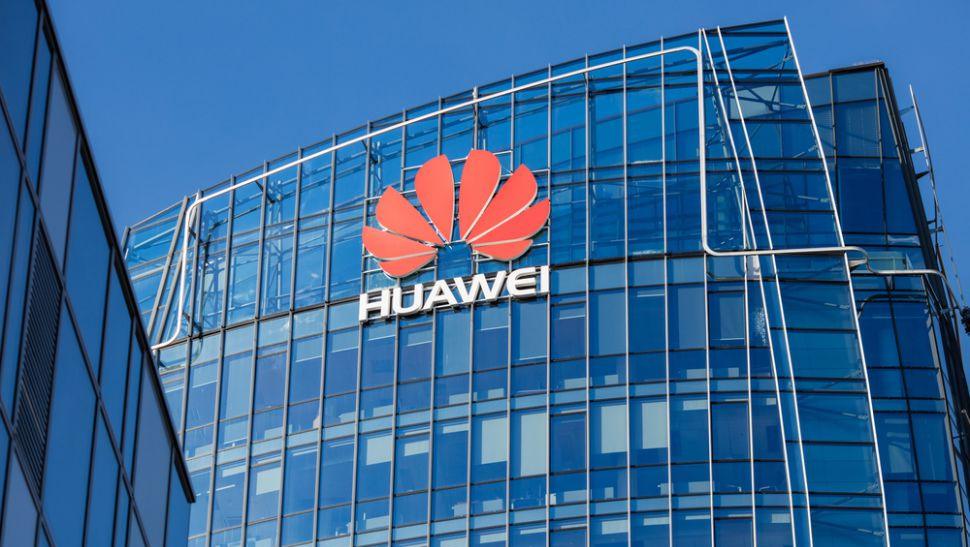- US forbids Nvidias H20, like Huawei reveals its next generation Ascend 920 AI-Chip
- Ascend 920 can fill China’s AI -chipgap following restrictions
- Nvidia is facing $ 5.5 billion hit as Huawei seizes opportunity
On April 9, 2025, the United States announced plans to further tighten the restrictions on AI chip exports to China, including NVIDIA’s H20 processor, a chip with reduced performance created by the company to comply with previous US export provisions while continuing sales in China.
Huawei, who has placed himself as China’s response to Nvidia for some time, probably waited for the message because only a day later, at a partner conference, the Ascend 920 revealed its next generation AI-chip.
Set to enter mass production in the second half of 2025 according to Digator AsiaThe chip is expected to be built on the SMICS 6NM process and offer up to 900 TFLOPS of BF16 calculation and 4000 GB/s memory bandwidth, supported by HBM3 memory modules. It will also support PCIe 5.0 and the next generation Interconnect protocols to help with great model education.
An effective alternative
With the NVIDIA H20, now limited in China, trade analysts believe that Huawei’s new chip could bridge the gap.
Although benchmarks in the real world are not yet available, the Ascend 920’s specifications suggest that it can be an effective alternative to NVIDIA’s H20 and may be welcomed by Chinese companies such as Tencent and Bytedance, which now requires compensation for the limited chip.
While the power Ascend 910C is estimated to deliver approx. 60% of NVIDIA H100S Inference Performance, the Ascend 920 is reportedly improving exercise efficiency by 30% to 40% and is tailored to transformer and mixing expert models.
Nvidia had made strong sales in China through the H20, where sales allegedly grew 50% quarter over the quarter before the ban. The new licensing requirement from the US Ministry of Commerce effectively stops this sale and Nvidia is expected to write off $ 5.5 billion in lost business as a result.
Huawei also announced his AI CloudMatrix 384 Supernode solution at the same event.
This rack-scale platform, described as a ‘nuclear level product’, allegedly exceeds the benefit of NVIDIA GB200, but consumes more power, something that is not seen as a major problem in China compared to the West.



